 The vibrant spirit of Mardi Gras parades, with their kaleidoscope of colors and joyous revelry, often paints a picture of unadulterated celebration. Yet, beneath the surface of these festivities, unexpected tragedies can unfold, turning the jubilation into a legal labyrinth. Such was the case in Franklin, Louisiana, where a moment of revelry took a distressing turn as a float participant was tragically injured during a parade. What followed was a legal showdown, entangling federal regulations, contractual intricacies, and the question of liability. Amidst the sparkle and confetti, a courtroom drama unfolded, revealing the complex legal considerations surrounding the incident.
The vibrant spirit of Mardi Gras parades, with their kaleidoscope of colors and joyous revelry, often paints a picture of unadulterated celebration. Yet, beneath the surface of these festivities, unexpected tragedies can unfold, turning the jubilation into a legal labyrinth. Such was the case in Franklin, Louisiana, where a moment of revelry took a distressing turn as a float participant was tragically injured during a parade. What followed was a legal showdown, entangling federal regulations, contractual intricacies, and the question of liability. Amidst the sparkle and confetti, a courtroom drama unfolded, revealing the complex legal considerations surrounding the incident.
Troylond Wise was driving an 18-wheeler he owned but had leased to ACME Truck Line when he was involved in an accident during a parade. Before the accident occurred, Takisha Welch asked Wise to pull a truck for a Mardi Gras parade in Franklin, Louisiana. Welch paid $100 to Wise to use his tractor-trailer. On the parade day, Bridget Jackson was riding in the floating Wise was pulling. When Wise tried to turn right, Jackson was thrown from the float. Wise then ran over her twice.
Jackson filed a lawsuit against Wise, ACME, and First Guard Insurance Company, the tractor-trailer’s liability insurer. Franklin subsequently settled with First Guard, so the claims against it were dismissed. Before the accident, Wise had a five-year lease with ACME, whereby Wise leased ACME his tractor-trailer.
 Louisiana Personal Injury Lawyer Blog
Louisiana Personal Injury Lawyer Blog


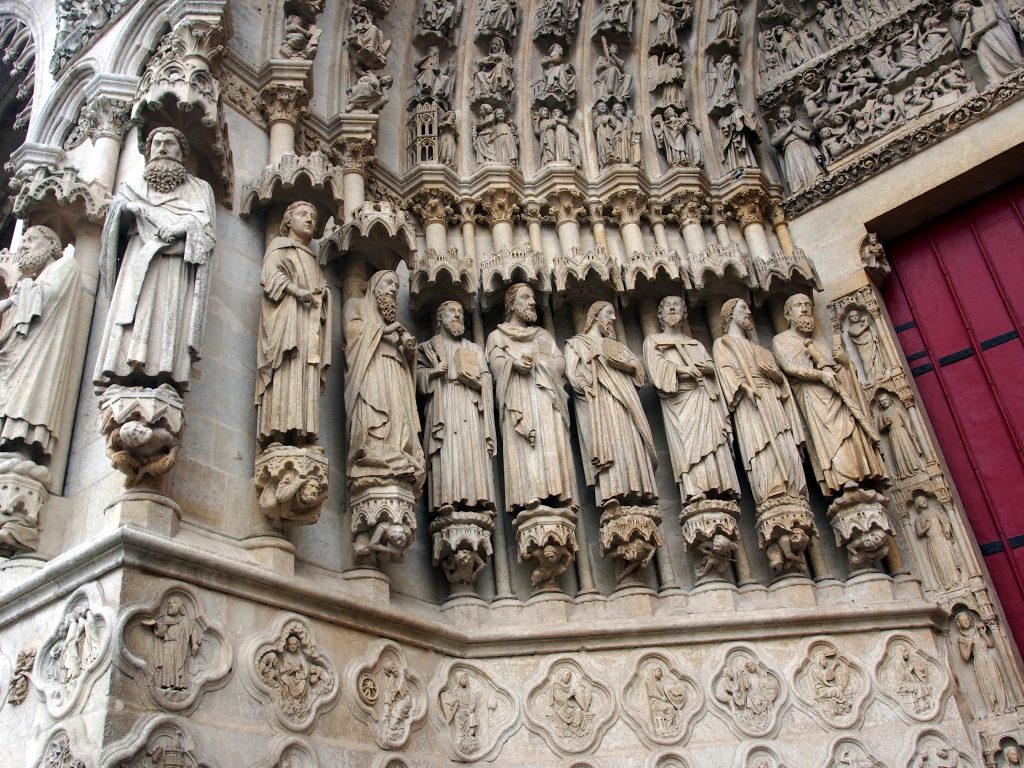 At the end of a trial, you are focused on whether or not the Judge ruled in your favor. However, it is not enough to only know who won the case, especially if you are considering an appeal. This case indicates the importance of paying attention not only to the outcome but also to the language in the final judgment the trial court issues. Louisiana has strict requirements for language that must be included in a final judgment for it to be valid so that an appellate court can hear the appeal.
At the end of a trial, you are focused on whether or not the Judge ruled in your favor. However, it is not enough to only know who won the case, especially if you are considering an appeal. This case indicates the importance of paying attention not only to the outcome but also to the language in the final judgment the trial court issues. Louisiana has strict requirements for language that must be included in a final judgment for it to be valid so that an appellate court can hear the appeal. 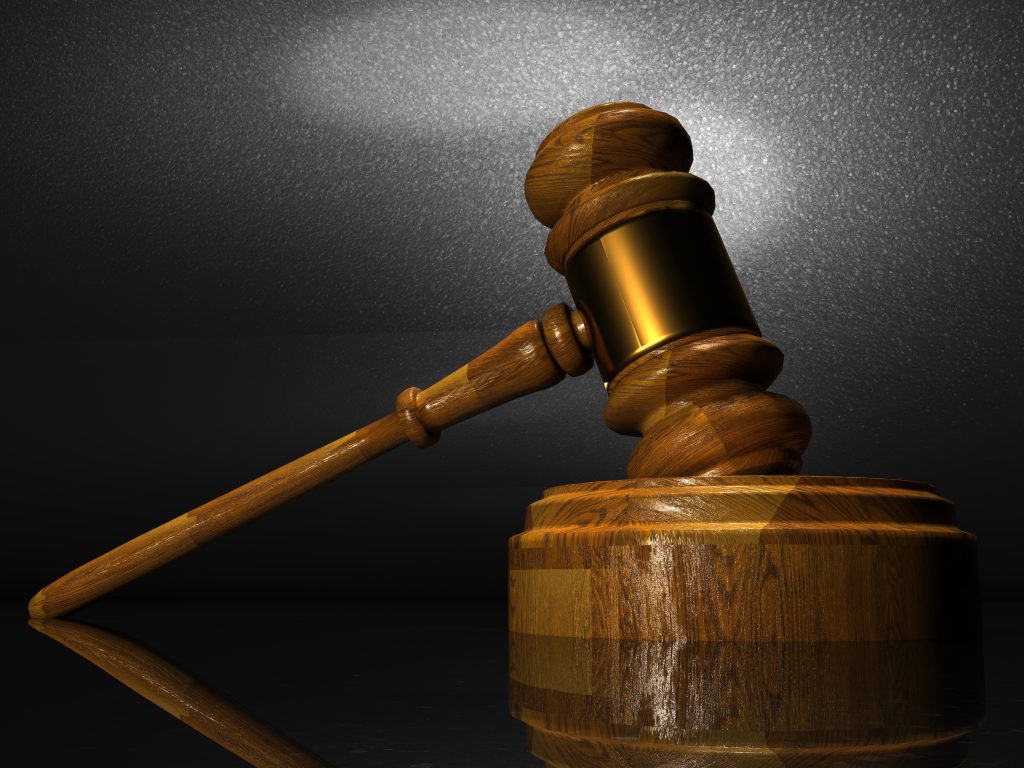 The legal landscape can be full of unexpected twists and turns, and one such situation arose in this perplexing lawsuit. Erika Mann’s post-Hurricane Katrina home-raising project became a legal battle when she filed a lawsuit against Tim Clark Construction LLC and their insurer, Evanston Insurance Company. As the trial court issued a judgment that seemingly favored both parties, questions arose about the validity and coherence of the ruling. Join us as we delve into the intricacies of this case and explore how an inconsistent judgment navigated its way through the appeals process.
The legal landscape can be full of unexpected twists and turns, and one such situation arose in this perplexing lawsuit. Erika Mann’s post-Hurricane Katrina home-raising project became a legal battle when she filed a lawsuit against Tim Clark Construction LLC and their insurer, Evanston Insurance Company. As the trial court issued a judgment that seemingly favored both parties, questions arose about the validity and coherence of the ruling. Join us as we delve into the intricacies of this case and explore how an inconsistent judgment navigated its way through the appeals process.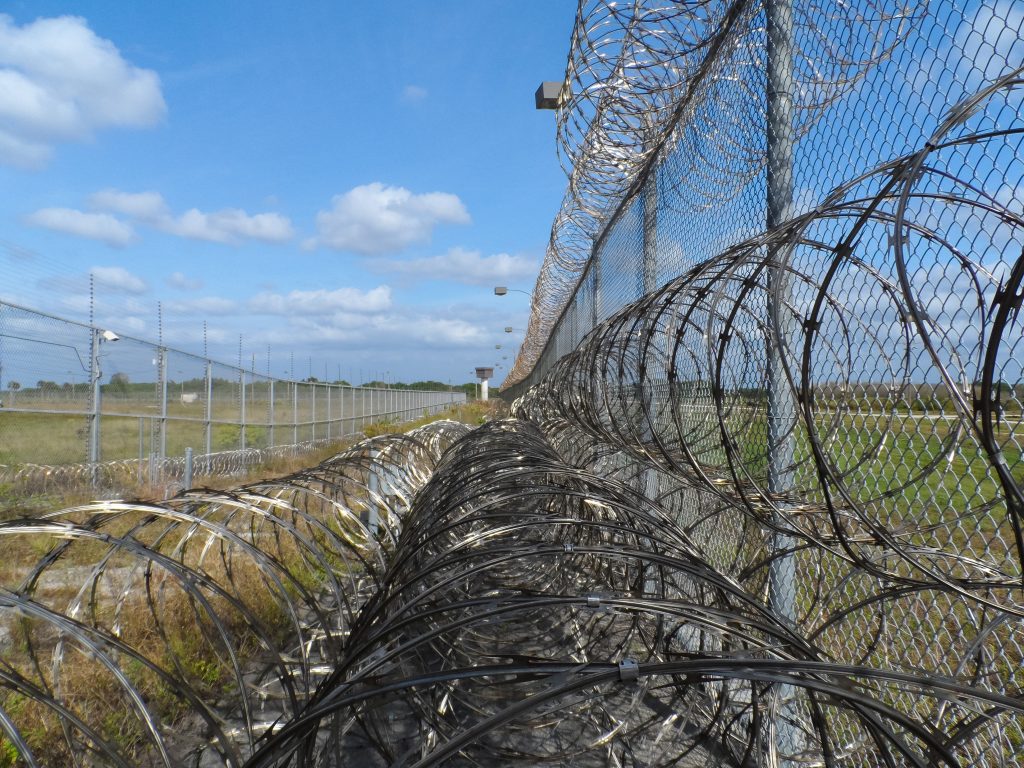 If you are considering filing a lawsuit, there are numerous procedural requirements with which you must comply. One of these requirements is that you file your lawsuit within the required period of time after the at-issue incident occurred. While the date you file your lawsuit is typically determined by the day the court receives your petition, the following case involves a special exception that applies to prisoners in certain situations.
If you are considering filing a lawsuit, there are numerous procedural requirements with which you must comply. One of these requirements is that you file your lawsuit within the required period of time after the at-issue incident occurred. While the date you file your lawsuit is typically determined by the day the court receives your petition, the following case involves a special exception that applies to prisoners in certain situations. 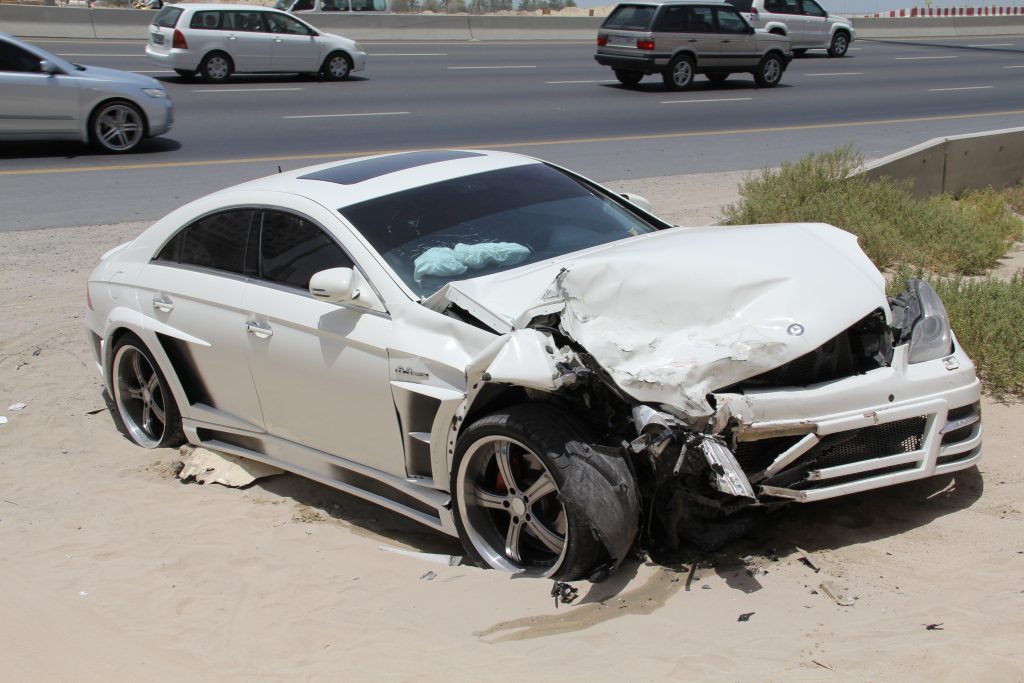 Car accidents can be distressing, and the aftermath becomes even more complex when multiple vehicles are involved. Such was the case with Lisa Watson, Shelley Tannehill, and Melissa Smith after a three-car collision on Interstate-10 in New Orleans. Determining liability in these situations is no easy task, as demonstrated in this legal battle revolving around whether summary judgment was warranted for the dismissal of claims against the driver of the middle car. Let’s delve into the intricacies of this case and highlight the significance of seeking professional legal advice when facing similar situations.
Car accidents can be distressing, and the aftermath becomes even more complex when multiple vehicles are involved. Such was the case with Lisa Watson, Shelley Tannehill, and Melissa Smith after a three-car collision on Interstate-10 in New Orleans. Determining liability in these situations is no easy task, as demonstrated in this legal battle revolving around whether summary judgment was warranted for the dismissal of claims against the driver of the middle car. Let’s delve into the intricacies of this case and highlight the significance of seeking professional legal advice when facing similar situations.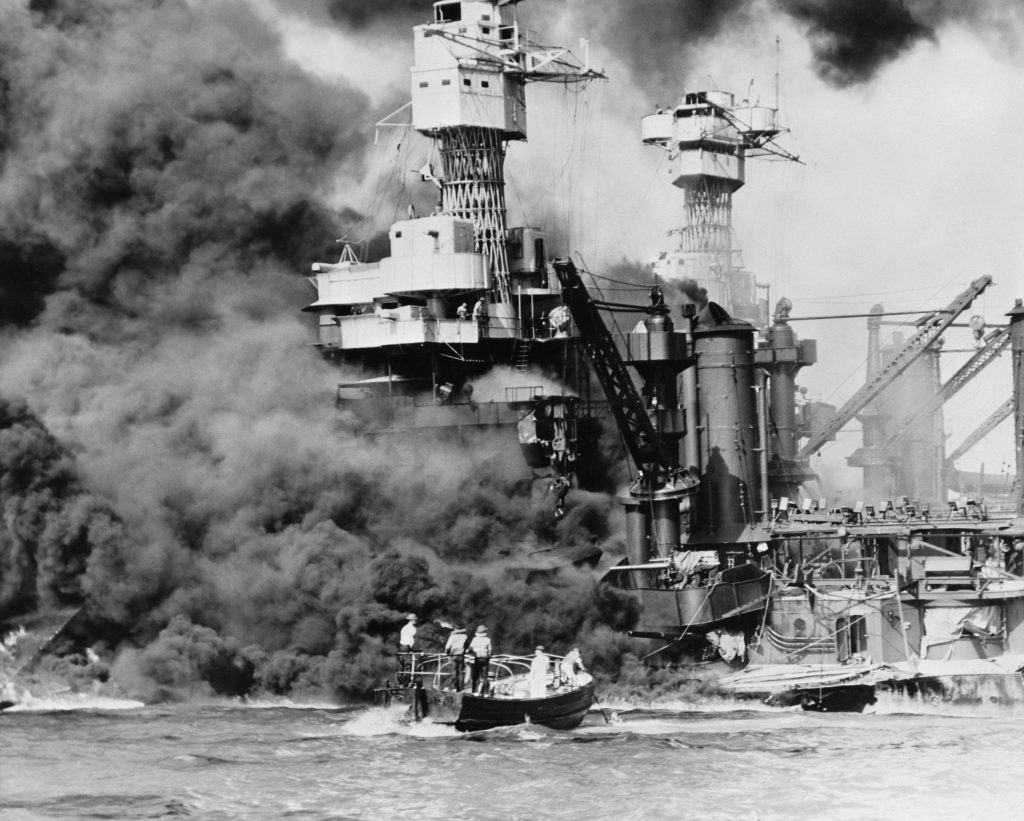 Losing a loved one is an unimaginable tragedy, and while financial compensation cannot fill the void left by their absence, it can provide support during challenging times. The following case involves the tragic situation of parents whose seaman son died. Although the deceased seaman’s father tried to recover damages from his son’s death, he ultimately proved unsuccessful.
Losing a loved one is an unimaginable tragedy, and while financial compensation cannot fill the void left by their absence, it can provide support during challenging times. The following case involves the tragic situation of parents whose seaman son died. Although the deceased seaman’s father tried to recover damages from his son’s death, he ultimately proved unsuccessful. 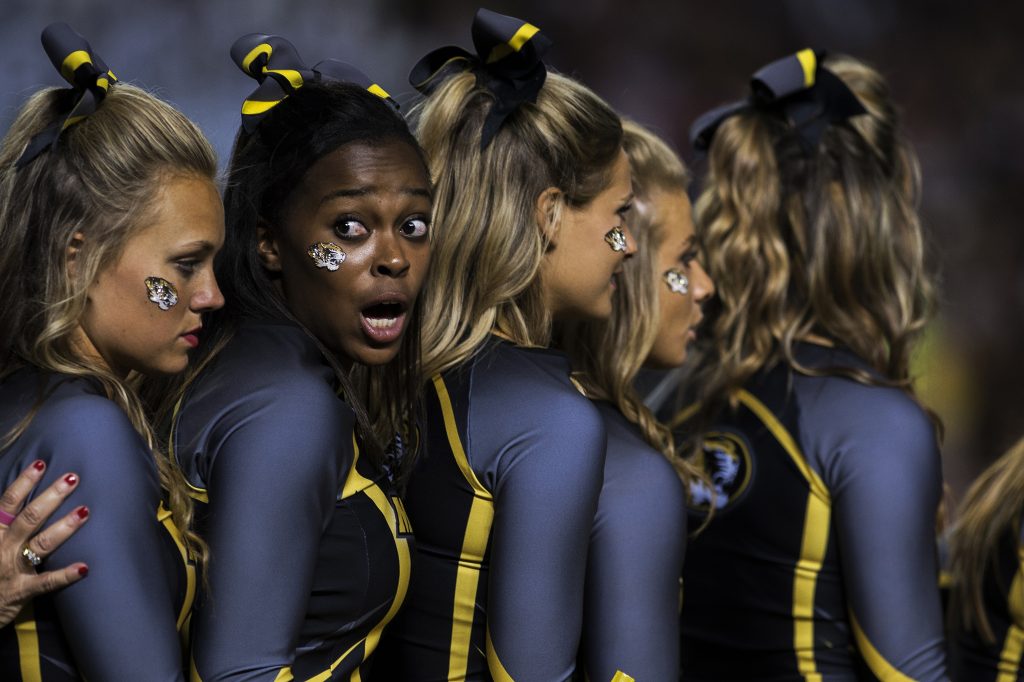 Everyone learns a lot of life lessons during high school. Sometimes these lessons are learned the hard way and result from the consequences of inappropriate behavior. This is even more the case today, where images can be quickly posted online for the public to see. In this case, a high school cheerleader found herself in an unfortunate situation after posting an inappropriate picture of herself online.
Everyone learns a lot of life lessons during high school. Sometimes these lessons are learned the hard way and result from the consequences of inappropriate behavior. This is even more the case today, where images can be quickly posted online for the public to see. In this case, a high school cheerleader found herself in an unfortunate situation after posting an inappropriate picture of herself online.  Homeowners often have to deal with contractors, such as plumbers, completing work in their homes or yard. What happens when a homeowner is injured from a condition on the property the contractor created? The following case helps answer that question.
Homeowners often have to deal with contractors, such as plumbers, completing work in their homes or yard. What happens when a homeowner is injured from a condition on the property the contractor created? The following case helps answer that question. 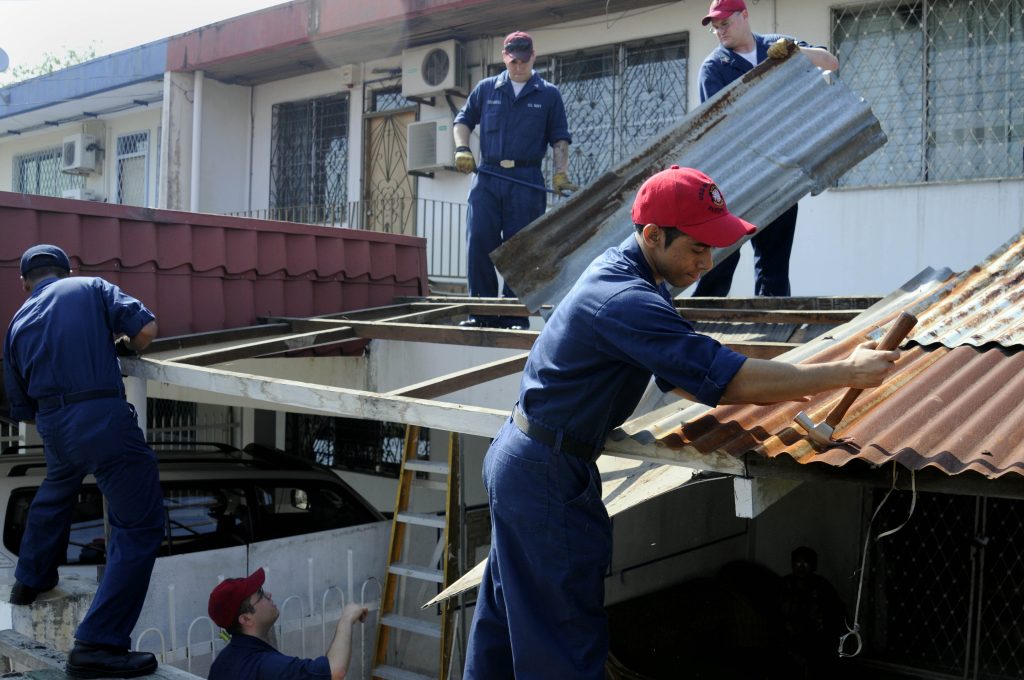 When renting an apartment, tenants expect a safe and secure living environment. However, what happens when an accident occurs due to negligence by the apartment owner and management company? If a leaky roof in your apartment injures you, can you make a claim for your injuries? The following lawsuit answers that question.
When renting an apartment, tenants expect a safe and secure living environment. However, what happens when an accident occurs due to negligence by the apartment owner and management company? If a leaky roof in your apartment injures you, can you make a claim for your injuries? The following lawsuit answers that question. 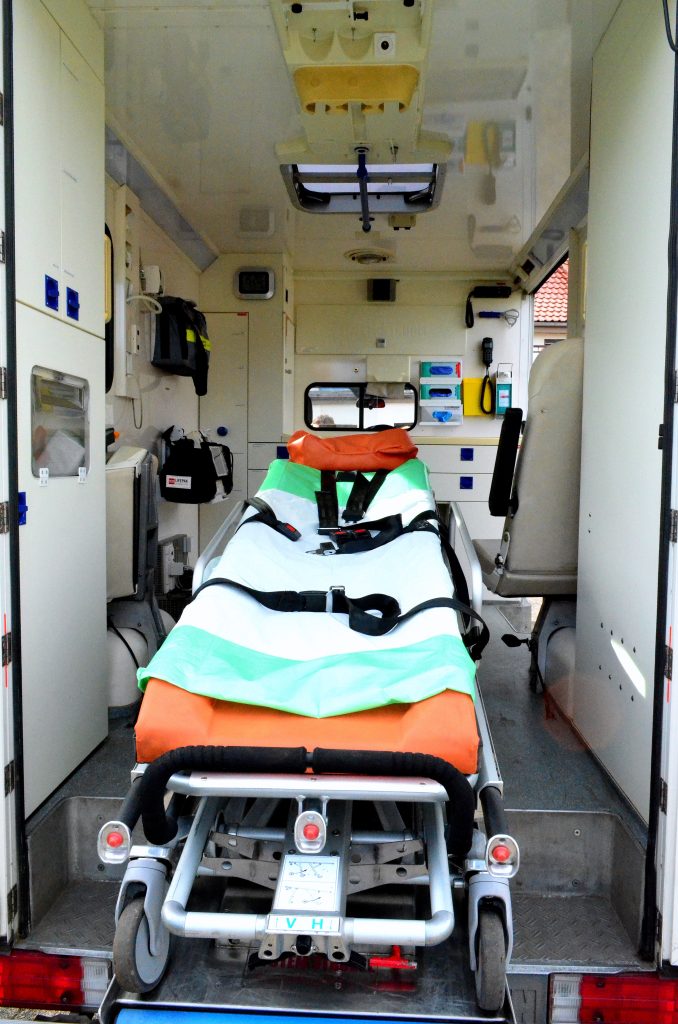 Medical emergencies call for swift and professional response from emergency medical personnel. However, what happens when a patient sustains additional injuries during transit due to unforeseen circumstances? The following case highlights the complexities of dealing with immunity laws for government employees and emphasizes the importance of seeking legal counsel to navigate statutory requirements and potential exceptions when considering legal action in such situations.
Medical emergencies call for swift and professional response from emergency medical personnel. However, what happens when a patient sustains additional injuries during transit due to unforeseen circumstances? The following case highlights the complexities of dealing with immunity laws for government employees and emphasizes the importance of seeking legal counsel to navigate statutory requirements and potential exceptions when considering legal action in such situations.